More than 200 people were injured and at least five lost their lives after a man plowed a car into crowds at a Christmas market in the German city of Magdeburg last night. Among those who were indiscriminately murdered was a small child.
Like many Germans, I felt a deep, burning anger rising in me when I heard about the incident. It immediately brought back sickening memories of the 2016 Christmas market attack in Berlin in which thirteen people were killed and dozens injured. My sister worked very closely nearby that day. I remember texting “Are you OK?’ with a shaky hand and waiting agonizing minutes before her reply finally came. It was sheer luck that she and her colleagues had decided not to go to the Christmas market that day.
Like many Germans, I felt a deep, burning anger rising in me when I heard about the incident
The incident shocked Germany deeply. Back then, the perpetrator was an unsuccessful asylum seeker from Tunisia who’d entered Germany during the refugee crisis of 2015. ISIS claimed responsibility. Horst Seehofer, state premier of Bavaria at the time and a vocal critic of then-Chancellor Angela Merkel’s decision to allow around a million asylum seekers into the country largely unchecked, demanded a rethink of Germany’s immigration policy. Surveys indicated that a majority of the population agreed.
Yesterday’s attack was different. The alleged perpetrator is a fifty-year-old man from Saudi Arabia who successfully claimed asylum and worked as a psychiatrist in a German hospital. On his social media platform and in various interviews, including with the Frankfurter Allgemeine Zeitung, a well-respected daily newspaper, he presented himself as “the most aggressive critic of Islam in history.” Given the erratic and aggressive posts on his account on X, in which he claims that Germany seeks to “islamize Europe,” the motive appears to be complex.
But that won’t diminish the strength of feeling about the attack in Germany. The mayor of Magdeburg, Simone Borris, blinked back tears when she told journalists that she “could never have imagined that the city of Magdeburg might be affected by such an incident, how close terror is to us.” That is how many will feel. Magdeburg isn’t Berlin. The attack could have happened anywhere, at any Christmas market across the country.
Regardless of the specific motivations of the perpetrator, the psychological effect of his act of terror will be profound. Christmas markets are important cultural and social institutions in Germany, visited by millions each year. An attack on them feels personal to anyone who’s ever gone to one because it could have been them in the wrong place at the wrong time.
In 2016, only 11 percent of people said in a poll that they’d now avoid Christmas markets. But when I visited one in Berlin a few days after the attack — mostly out of a spirit of defiance, since the festive spirit had decidedly drained from public spaces — it was a sorry sight. Some stalls had been boarded up. Heavily-armed police patrolled, grimly looking every visitor up and down for signs of further danger. I’d never seen a Christmas market so devoid of people and joy.
This year, I had planned to visit several German Christmas markets over the next few days to catch up with family and friends. Now I’m asking each one of them if they are still happy to go. It’s one thing making that decision for myself, but there is no getting away from the fact that the life of a small child was ended yesterday by a brutal and indiscriminate attack. Most people will now ask themselves whether the glass of mulled wine with friends is worth the risk to them and their family.
Such intense emotions will inevitably have a political impact. Heiko Teggatz, chairman of the federal police trade union, told the German daily Die Welt: “The times are over for making everything a taboo, for generous immigration policy, for very liberal security policy. Germany is increasingly turning into a playground of such lunatics.”
Alice Weidel, leader of the anti-immigration party Alternative für Deutschland (AfD), asked on X: ‘When will this lunacy end?” The AfD is currently riding high in the polls. Close to a fifth of the electorate appear set to vote for it putting it in second place behind the conservative CDU/CSU which is also promising a U-turn on immigration and asylum ahead of the upcoming snap elections.
Yesterday’s attack is bound to shape the election campaign
Yesterday’s attack is bound to shape the election campaign. Feelings have been riding high for months with immigration and asylum consistently ranking as the top concern of German voters in polls. Shortly after three people were stabbed to death by a Syrian asylum seeker in the town of Solingen in August, a survey indicated that over three-quarters of Germans favored a “fundamentally different asylum policy so that fewer people come here.”
The complexities of the motives behind yesterday’s attack won’t change the fact that people are angry and that this anger will find its political expression. The impact is also likely to go beyond Germany. On social media, words like “Magdeburg,” “Germany” and “Angela Merkel” began to trend as people woke up to the terrible news. Having endorsed the AfD in recent days, Elon Musk immediately weighed into the debate, calling Chancellor Olaf Scholz an “incompetent fool” who “should resign immediately.”
German politicians need to think carefully about how they acknowledge the strength of feeling on an issue they have too long brushed aside. It will backfire if the discussions on the Christmas market attack once again revolve around new safety measures, as they did after the Solingen stabbings when politicians squabbled about the exact length of blades people should be allowed to carry in public.
It also won’t do to point out that the alleged attacker appears to have been an anti-Islamist. His public utterances suggest that he may have harbored extremist views, and according to reports in the German media, the authorities were warned by people who claimed that he had expressed his intention to “kill random German citizens.”
The mainstream parties need to begin to acknowledge the security implications of a system that is hopelessly overwhelmed to deal with the large numbers of people claiming asylum in Germany — currently, that’s 3.5 million or 4 percent of the population. If this debate isn’t picked up in earnest by the political mainstream, the AfD will retain its monopoly on people’s frustrations.
As far as my Christmas market outings go, most of my relatives and friends have confirmed that they want to stick to our plans. It won’t be the same with a heavy police presence and constant watchfulness hanging over our heads, but that’s not the point. Whatever motivated the perpetrator to do what he did, his actions were an attack on an intrinsic Western institution. Shock and anger over this must never be allowed to determine the way we live.



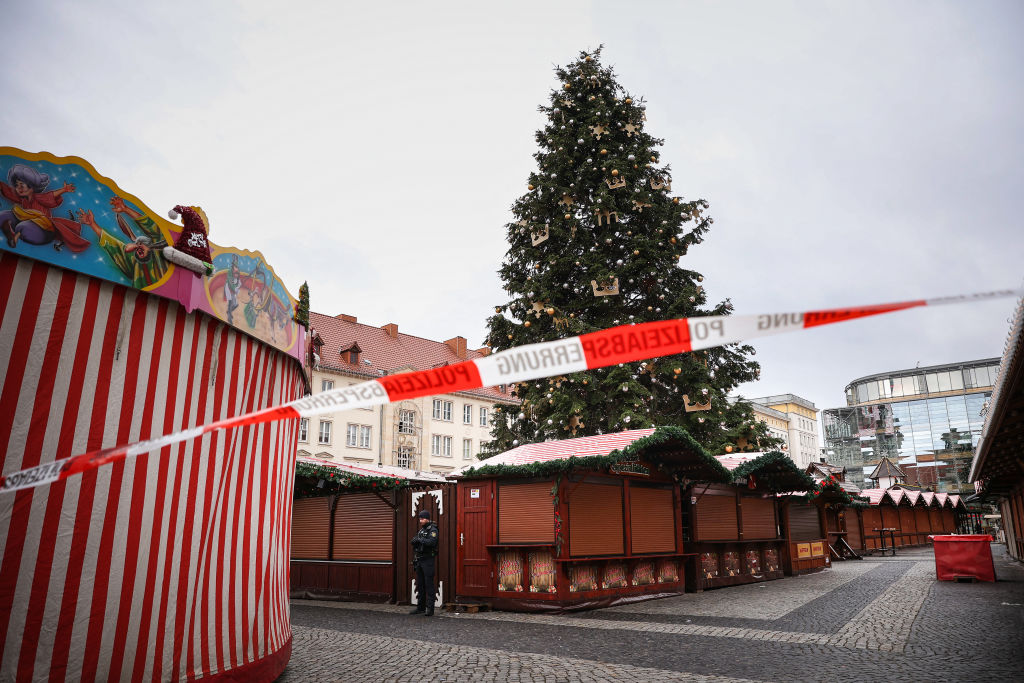







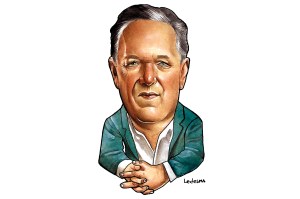
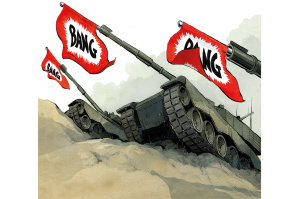
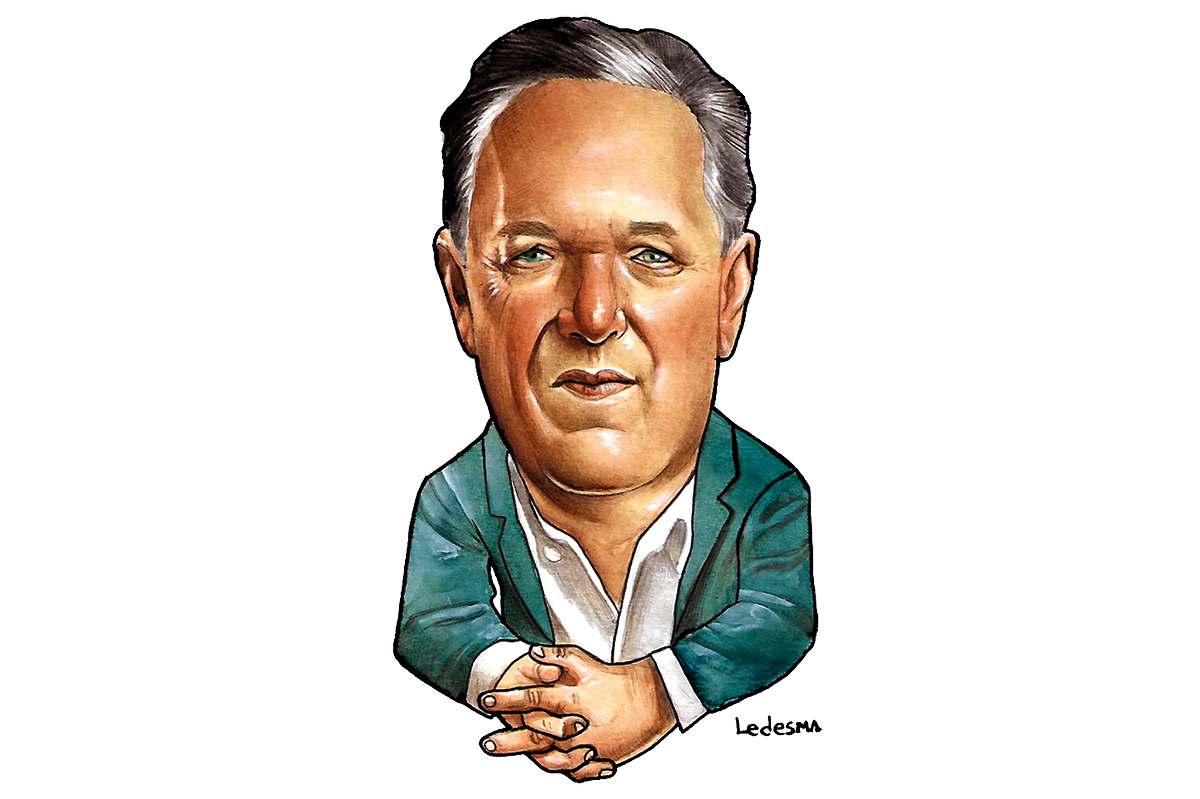
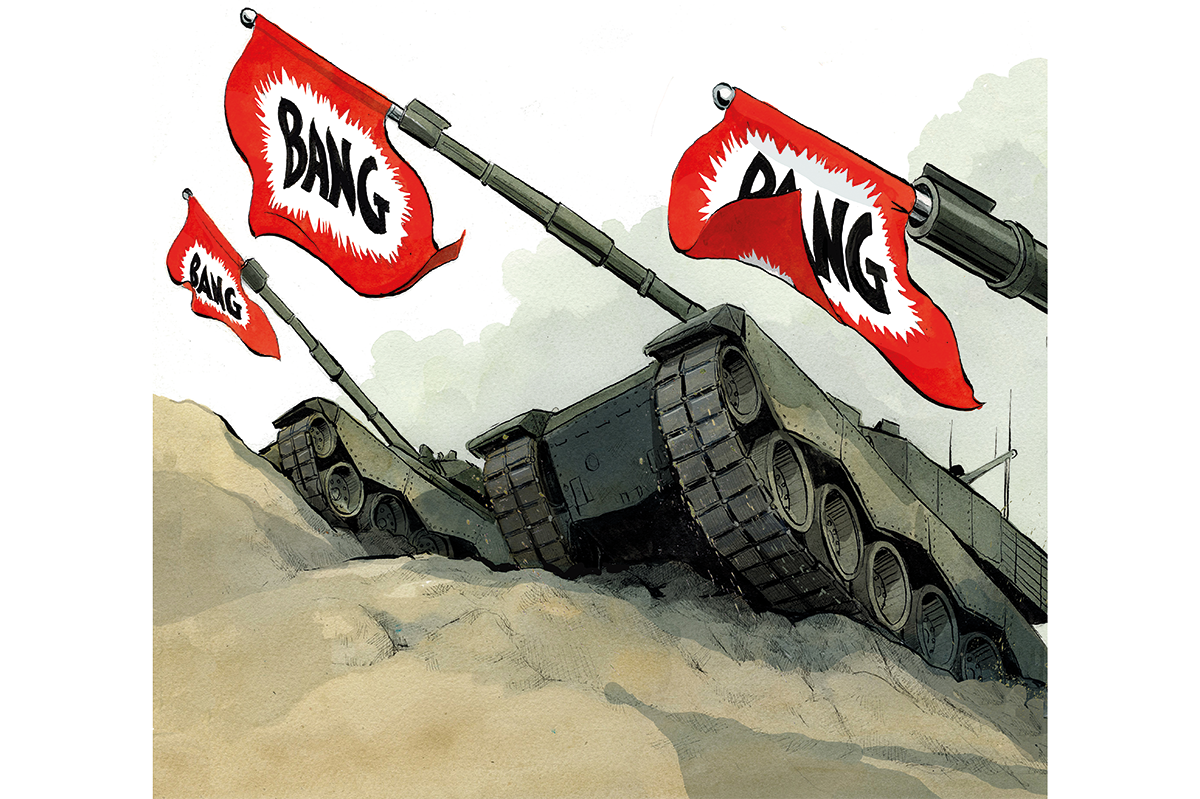



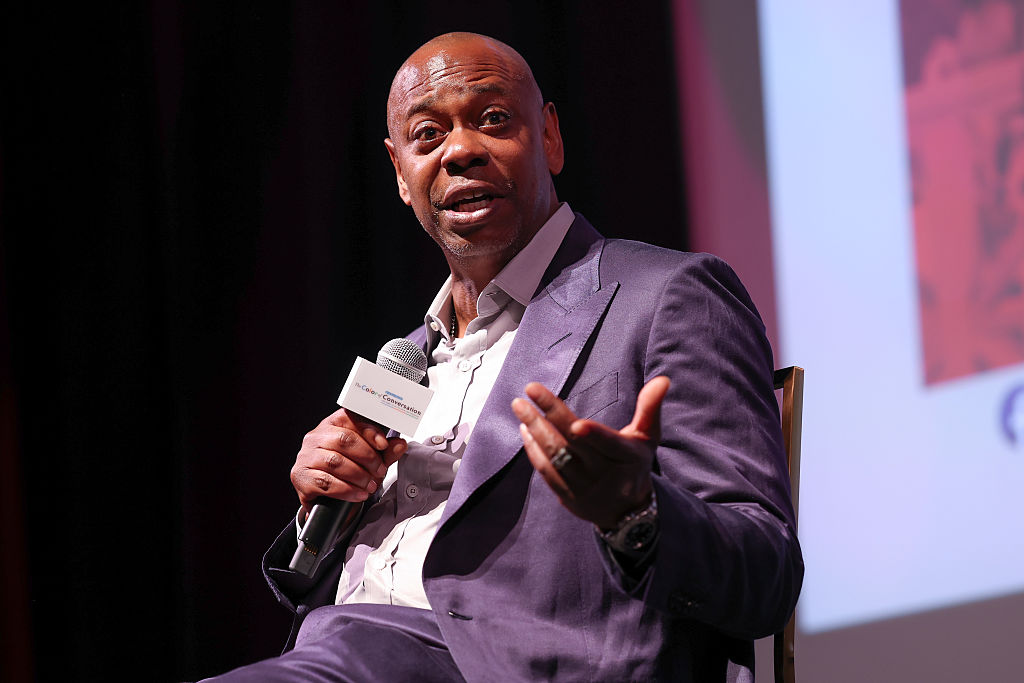







Leave a Reply